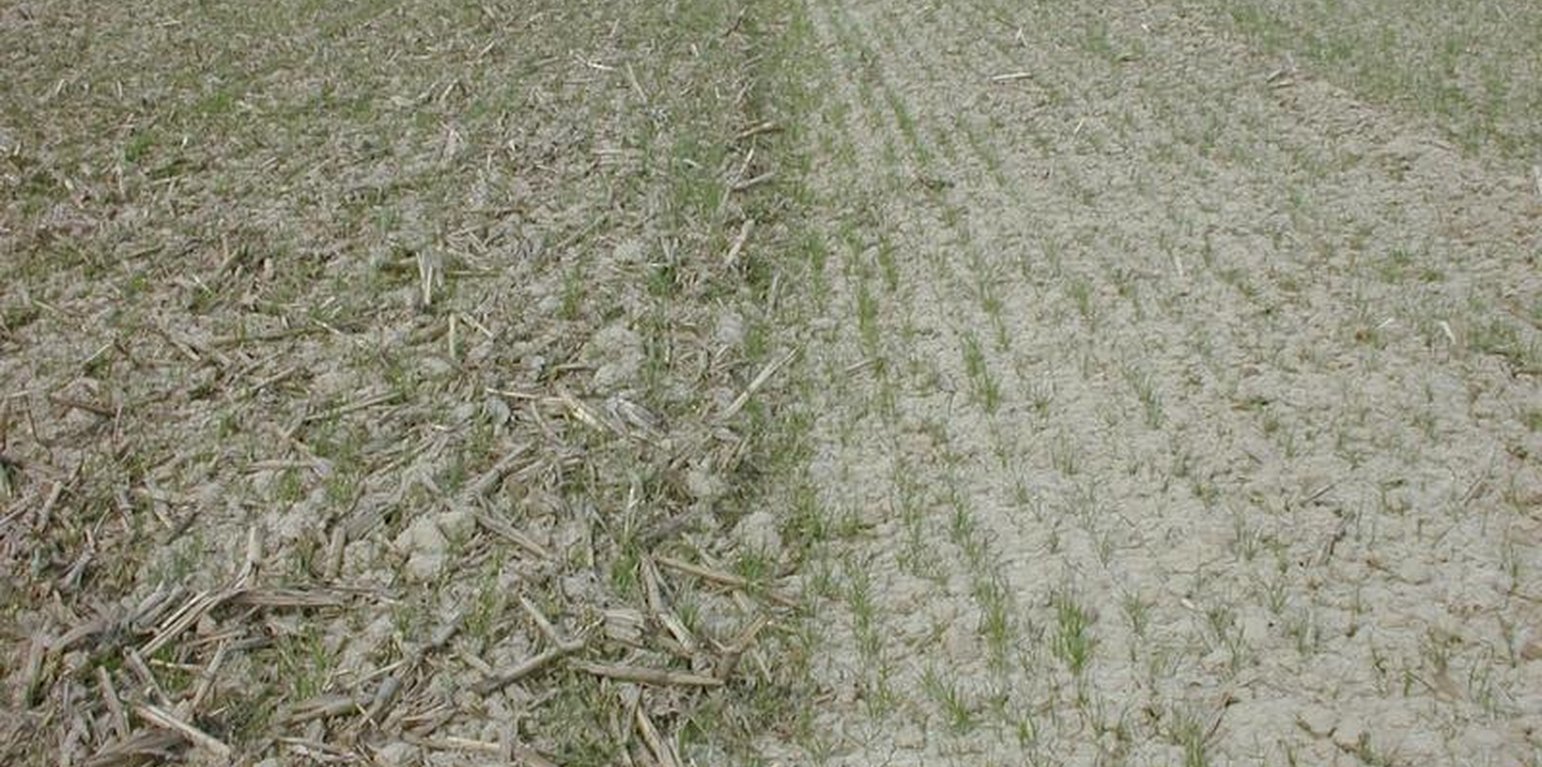



According to our understanding conventional agriculture is based on tillage and it is highly mechanised. Conventional agriculture causes severe land degradation problems including soil erosion and pollution as well as other environmental damages like biodiversity and wildlife reduction, low energy efficiency and a contribution to global warming. Conservation Agriculture is a holistic approach to crop production, which encompasses "Conservation Tillage", and also seeks to preserve biodiversity in terms of both flora and fauna. Activities such as Integrated Crop, Weed, and Pest Management form part of Conservation Agriculture. The concept of "As little as possible, as much as is needed" will be the guiding principles for SOWAP in crop production, when it comes to chemical usage.
Purpose of the Technology: inding and Demonstrating Ways of Better Managing the Land. SOWAP (SOil and WAter Protection - supported by the EU LIFE Programme and by Syngenta) aims to assess the viability of a more "conservation-oriented" agriculture, where fewer tillage practices replace the numerous cultivations carried out under more "conventional" arable farming systems. The use of appropriate chemicals is tested, and their potential for off-site contamination assessed, to ensure that any suggested approaches are environmentally sound.
Establishment / maintenance activities and inputs: The SOWAP project started on study sites in Belgium, Czech Republik, Hungary and United Kingdom. I Hungary 3 sites were selected near Lake Balaton. One of them is Dióskál (2). There are 4 conservation and 4 conventional tilled plots, each between 3-5 Ha in size. The project has benn started in 2003.
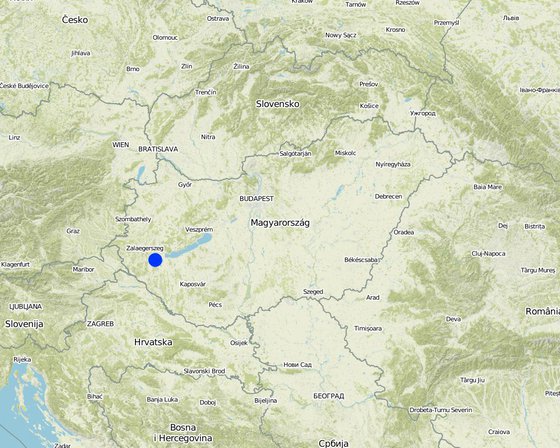
สถานที่: Zala county, Zala-hills, Zala, Zala county, ฮังการี
ตำนวนการวิเคราะห์เทคโนโลยี:
การเผยแพร่ของเทคโนโลยี: กระจายไปอย่างสม่ำเสมอในพื้นที่ (0.2012 km²)
In a permanently protected area?:
วันที่ในการดำเนินการ: น้อยกว่า 10 ปี (ไม่นานนี้)
ประเภทของการแนะนำ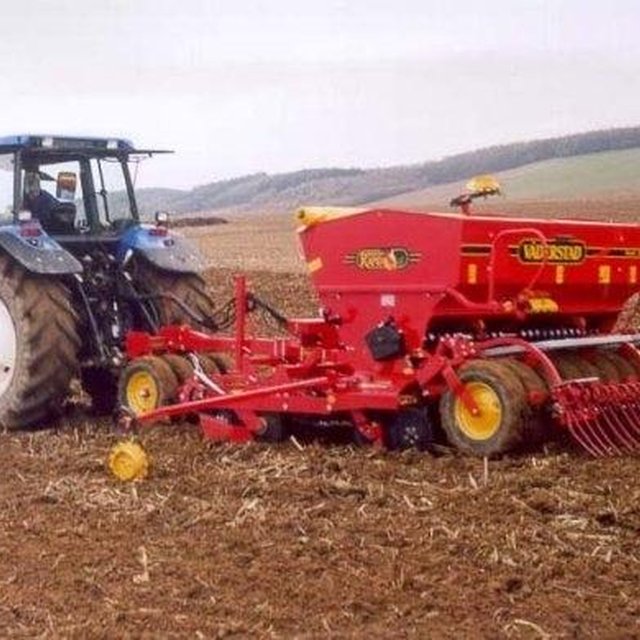


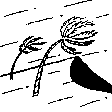
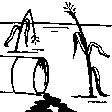
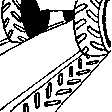
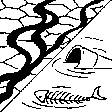
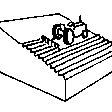
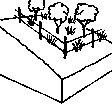
จำนวนก่อน SLM: 0.2
หลังจาก SLM: 0